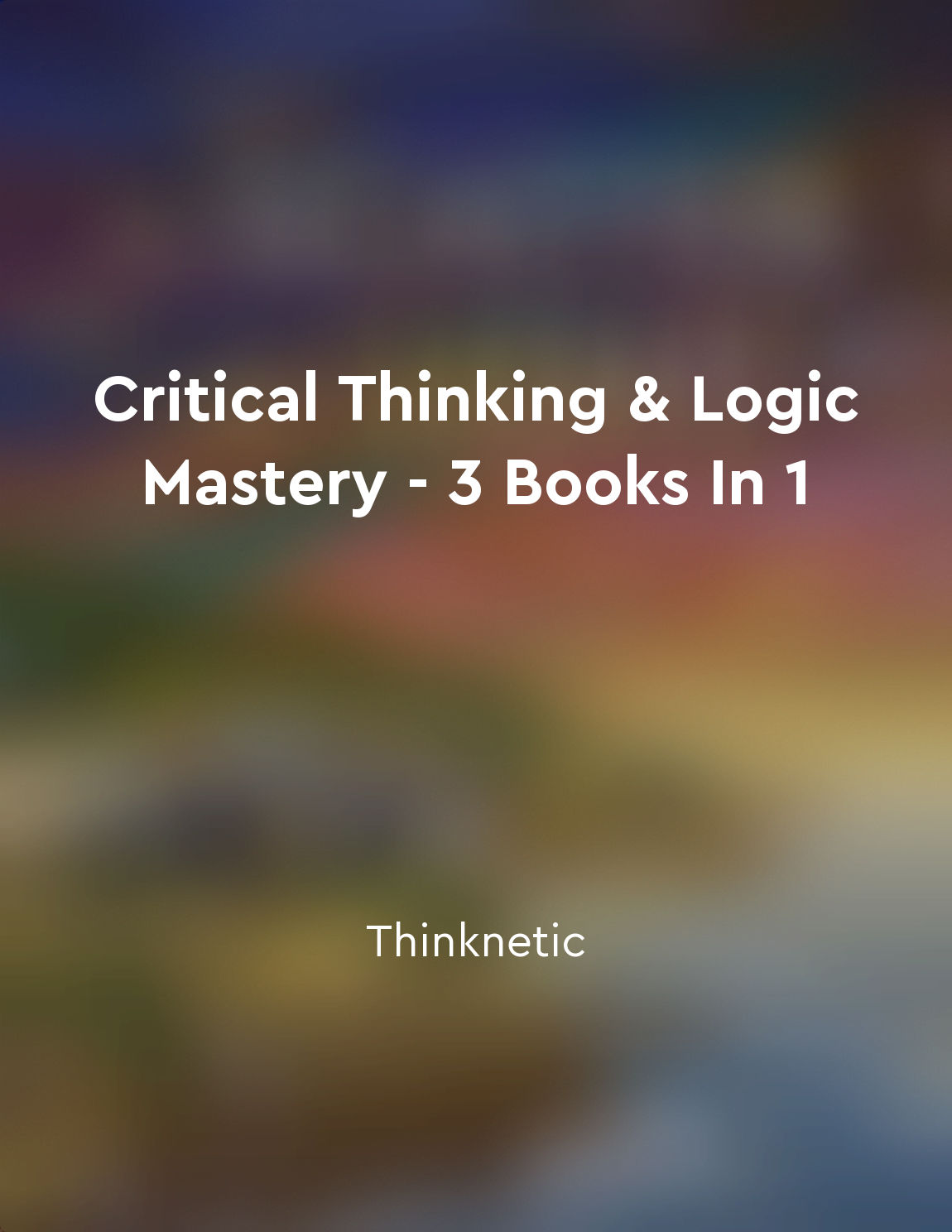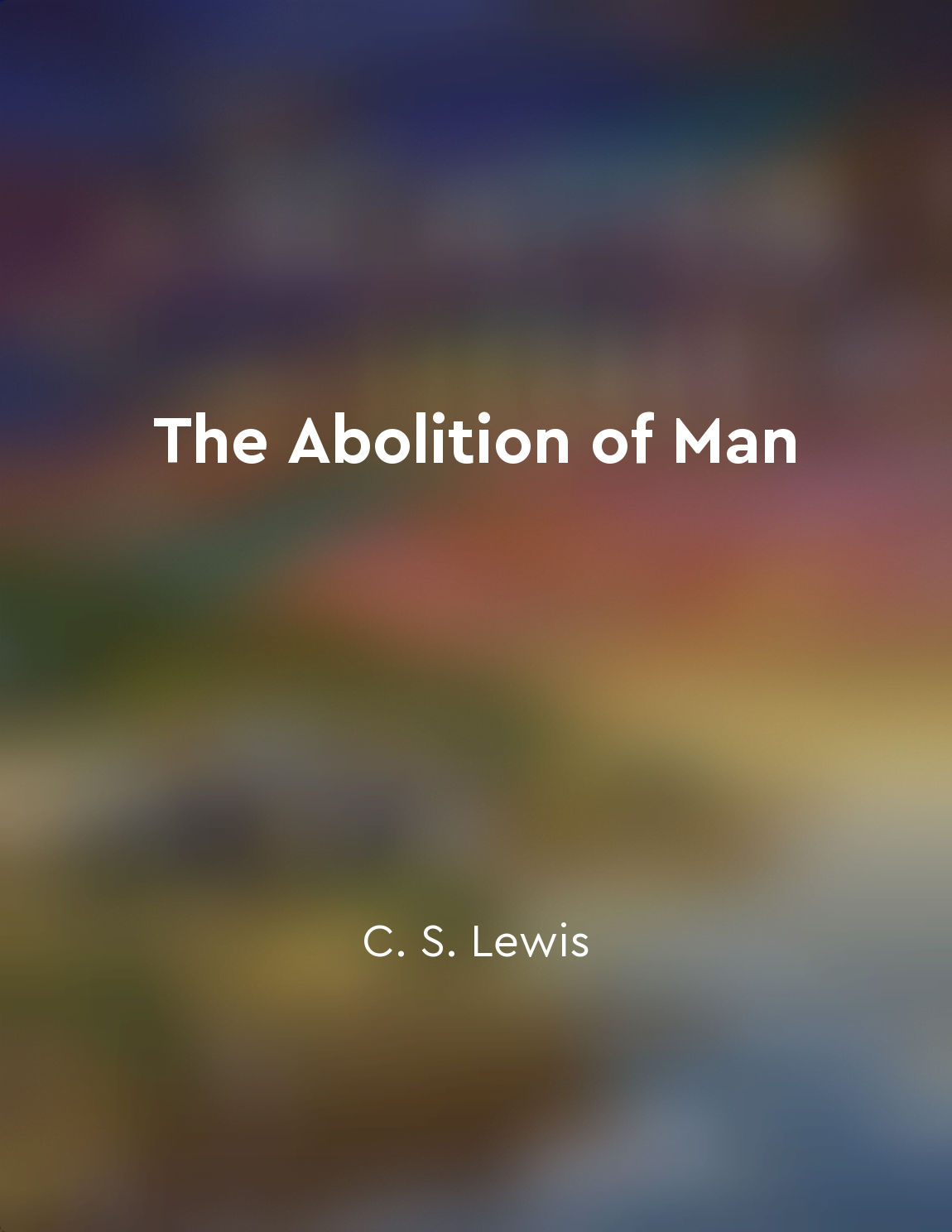Reasoning comes after moral judgments are made from "summary" of The Righteous Mind by Jonathan Haidt
The process of moral judgment is not as straightforward as we might think. It is commonly believed that we first engage in reasoning and then come to a moral judgment based on that reasoning. However, this sequence is not entirely accurate. In reality, moral judgments are often made intuitively and emotionally, driven by our gut reactions. Only after these judgments are made do we engage in reasoning to justify and rationalize our initial gut feelings. This process can be seen in various studies where participants first make a moral judgment and only then come up with reasons to support their judgment. This phenomenon can be explained by the dual-process theory of moral judgment, which posits that we have two systems for making moral judgments - an intuitive system and a reasoning system. The intuitive system operates quickly and automatically, relying on emotions and intuitions to make snap judgments. On the other hand, the reasoning system is slower and more deliberate, engaging in conscious reasoning and justification. When faced with a moral dilemma, our intuitive system kicks in first, generating an immediate moral judgment based on our emotions and intuitions. It is only later that our reasoning system gets involved, coming up with reasons to support our initial judgment. This explains why we often struggle to articulate our reasons for a moral judgment when asked to do so immediately after making the judgment. This process sheds light on the nature of moral reasoning and the role it plays in our moral decision-making. Rather than being the driving force behind our moral judgments, reasoning serves more as a post-hoc justification for the judgments we have already made intuitively. This understanding challenges the traditional view of moral reasoning as the foundation of moral judgment, highlighting the complex interplay between emotions, intuitions, and reasoning in the moral decision-making process.Similar Posts

Misleading heuristics can lead to errors in judgment
The human mind often relies on mental shortcuts, or heuristics, to make decisions quickly and efficiently. These heuristics can...

An individual's rationality is constrained by their cognitive limitations
The concept that an individual's rationality is constrained by their cognitive limitations is a key idea in understanding human...

The power of reason can liberate individuals from religious tyranny
Reason is a powerful tool that can free individuals from the chains of religious tyranny. It allows us to question and challeng...
People tend to overvalue what they already have
When people have something in their possession, they tend to place a higher value on it than they would if they didn't own it. ...

Life is inherently uncertain, necessitating adaptability and resilience
Life is a complex and unpredictable journey, filled with twists and turns that can catch us off guard at any moment. In order t...

Questioning assumptions is fundamental to critical thinking
To think critically means to question assumptions. These assumptions are the ideas and beliefs we often take for granted. They ...
Relationships are essential for human development
In the complex ecology of human development, relationships are the nutrient-rich soil in which our potential takes root and blo...
The concept of virtue is being hijacked by dictatorial forces
The current state of affairs in our society is troubling. We are witnessing a disturbing trend where the concept of virtue is b...

The role of reason in guiding moral choices
In the pursuit of making moral choices, reason plays a crucial role as a guiding principle. It is through the application of re...
Skepticism challenges the validity of knowledge claims
Skepticism, the philosophical position that doubts the possibility of achieving certain knowledge, plays a central role in chal...
